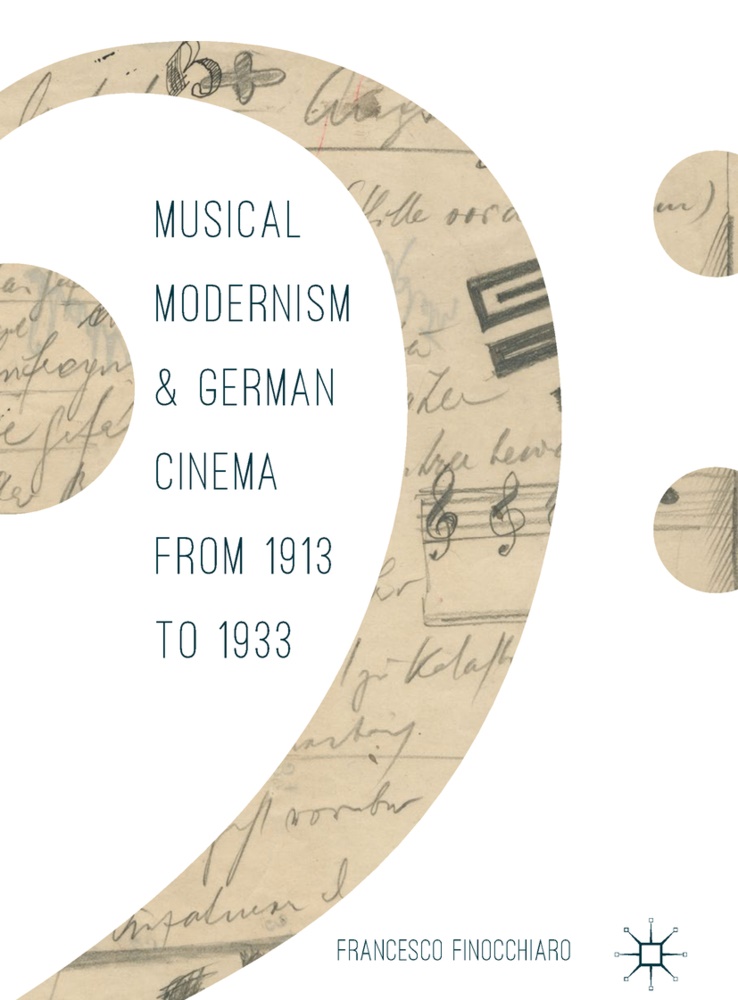Read more
This book investigates the relationship between musical Modernism and German cinema. It paves the way for anunorthodox path of research, one which has been little explored up until now. The main figures of musical Modernism, from Alban Berg to Paul Hindemith, and from Richard Strauss to Kurt Weill, actually had a significant relationship with cinema. True, it was a complex and contradictory relationship in which cinema often emerged more as an aesthetic point of reference than an objective reality; nonetheless, the reception of the language and aesthetic of cinema had significant influence on the domain of music. Between 1913 and 1933, Modernist composers' exploration of cinema reached such a degree of pervasiveness and consistency as to become a true aesthetic paradigm, a paradigm that sat at the very heart of the Modernist project. In this insightful volume, Finocchiaro shows that the creative confrontation with the avant-garde medium par excellence can be regarded as a vector of musical Modernism: a new aesthetic paradigm for the very process - of deliberate misinterpretation, creative revisionism, and sometimes even intentional subversion of the Classic-Romantic tradition - which realized the "dream of Otherness" of the Modernist generation.
List of contents
1. Introduction: The cinematic paradigm.- 2. Prologue. Cinema and the arts.- 3. Cinema and expressionist drama.- 4. Paul Hindemtih and the cinematic universe.- 5. Edmund Meisel: the cinematic composer.- 6. Der Rosenkavalier: a problematic remediation.- 7. Cinema and musical theatre: Kurt Weill and the Filmmusik in Royal Palace.- 8. Alban Berg, Lulu and cinema as artifice.- 9. New Objectivity and abstract cinema.- 10. Between film music and chamber music.- 11. Epilogue. The dawn of sound cinema.
About the author
Francesco Finocchiaro is Senior Research Scientist at the Department of Musicology of the University of Vienna, Austria. His research interests focus on the points of connection between composition, theory and aesthetics in Twentieth-century music. He edited Arnold Schönberg’s Il pensiero musicale (2011) and has also published extensively on film music, with special regard to the relationship between cinema and musical avant-gardes. He has taught in Italy at the Universities of Bologna, Milan, Florence, as well as at Ferrara Conservatory, and in Austria at the University of Vienna.
Summary
Examines the connections between musical modernism and German cinema from the Autorenfilm movement (1913-14) through the dawn of the recorded sound film (1932-33)
Analyses a corpus of original compositions, films, and aesthetic writings
Documents how modernist composers from the Austro-German area approached film music composition and engaged with cinema as an aesthetic phenomenon
Reconstructs the connections between modernist composers and the film music universe through historically verifiable collaborations

